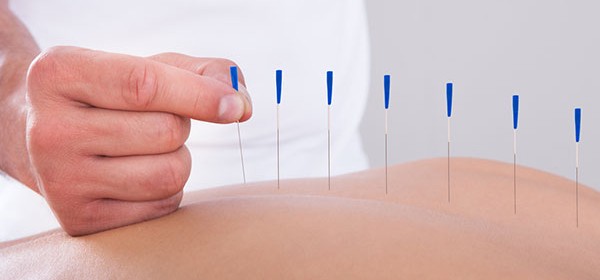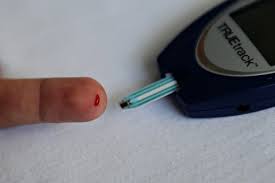Cartoon – A Little Shot of Fear




To the surprise of doctors, new research on acupuncture has found that the ancient Chinese healing technique provides real pain relief. Acupuncture involves sticking needles into specific points in the body that Chinese healers believe contain unseen energy pathways; the needles supposedly stimulate the flow of “qi,” or energy. Western medicine has viewed these claims with deep skepticism, contending that […]
Read more
A hallucinatory party drug could point the way to the first new treatments for depression in a generation. Scientists have discovered that ketamine (“Special K”), which club-goers take for dream-like highs, also improves mood disorders by repairing damaged connections in the brain. What’s more, ketamine works within hours as opposed to weeks— even for people whose mood disorders have proved […]
Read more
A new analysis of 166 studies on childhood vaccines has come to a resoundingly clear conclusion: Vaccination does not cause autism and is extremely safe and effective.The Agency for Healthcare Research and Quality commissioned a systematic review on the subject in response to the rise of the anti-vaccine movement which has been blamed for recent outbreaks of measles and whooping […]
Read more
■ Colorado marijuana entrepreneurs have installed the first public vending machine to dispense weed-laced edibles. Only licensed medical marijuana cardholders can buy pot brownies and similar snacks from the giant green dispenser, but company owner Stephen Shearin says of his weed-dispensing machine: “I don’t think we’ve dreamed what it can do yet.”
Read more
High blood sugar doesn’t just increase your risk of developing diabetes—studies have also shown a link between blood sugar and dementia. Researchers tracked the blood glucose levels of more than 2,000 older adults for seven years and found that those who had high glucose levels—but not diabetes—were nearly 20 percent more likely to develop dementia than those with low levels. […]
Read more
Just eight months ago, 6-year-old Emma Whitehead was gravely ill with leukemia and running out of options.Two rounds of chemotherapy had already failed, and a bone marrow transplant was no longer possible, The NewYorkTimes reports. So her parents opted for an experimental therapy developed at the University of Pennsylvania that aimed to enlist Emma’s own immune system in the fight […]
Read more
Over the past decade, more Americans died from overdoses of prescription painkillers than from heroin and cocaine use combined, according to government health officials. Most of the deaths were due to misuse of the medications— not to treat pain but to achieve a narcotic high. Recreational abuse has fueled a 300% surge in sales since 1999 of drugs like oxycodone, […]
Read more
Hormones found in birth control pills could be polluting the water supply and increasing men’s risk of prostate cancer. That’s the suspicion of Canadian researchers who found that countries that have the highest percentage of women using oral contraceptives also have the highest rates of men with prostate cancer. Women who take birth control pills excrete estrogen from the medication […]
Read more